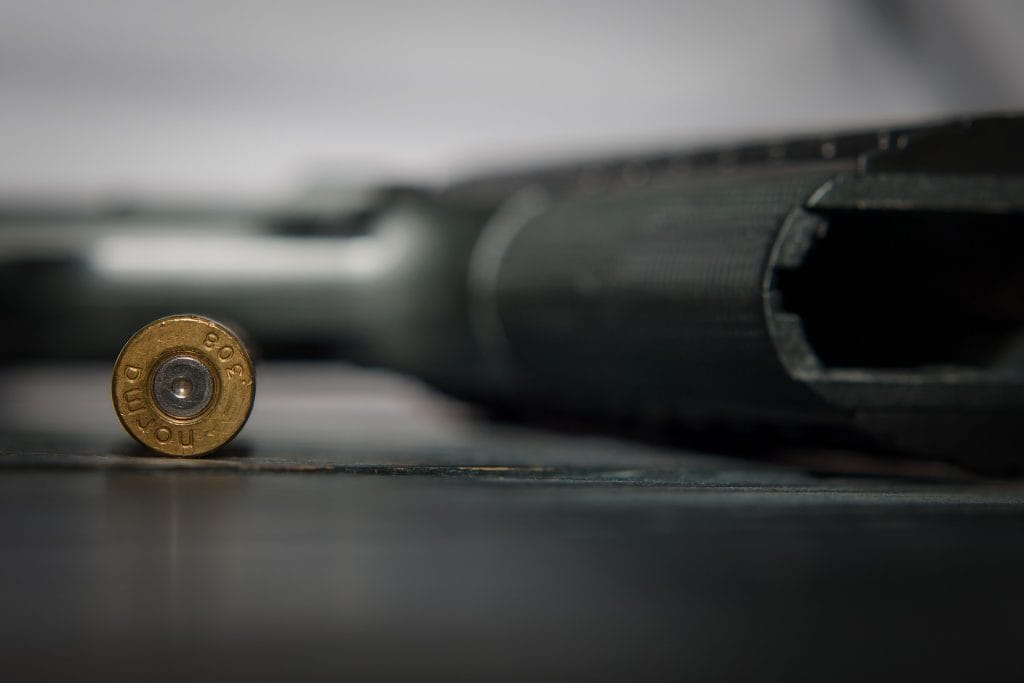
Since the Bill of Rights was drafted, bearing arms has been a guaranteed right for American citizens, and one that many hold dear. When any American purchases a gun for either self-protection or hunting and sporting purposes, they do so making an unspoken promise to their friends, family, neighbors and loved ones to respect the power and take on the responsibility that comes with gun ownership.
Though laws differ from state to state, Florida’s gun laws are comparatively lenient and the state is an issuer of concealed carry licenses. No registration or owner license is required for a legal gun purchase and background checks are not required for private sales of both handguns or long guns (rifles and full-size shotguns). There are also no laws against assault weapons or restrictions on magazine capacity.
For concealed carry licenses, gun owners are required to do their due diligence by taking firearms safety courses, often available at gun ranges and gun clubs. Though these classes may review the likes of trigger discipline and properly clearing the weapon for safe handling, gun storage safety is as instrumental to overall gun ownership safety as any measure taken in the handling of the weapon.
Gun Storage Safety: How to Safely Store a Weapon
There are a few different methods of gun storage safety available to gun owners. To leave the gun in storage, gun owners should do the following:
- Unload the firearm, including clearing the chambered round
- Place in a locked cabinet, gun safe, vault, storage case or other securable means not accessible to children
- Keep bullets safely stored, preferably in fireproof storage
- Utilize gun locking devices that make firing the weapon impossible
The biggest concern when discussing gun storage safety is keeping them out of the hands of children, who may not understand the consequences of handling a weapon. Simply placing a gun in the bottom of a dresser drawer or atop a high shelf is not enough to ensure safety; children are curious and can be much more observant than you realize. Only store weapons behind secure locks.
If you want to store a loaded weapon, you must do so realizing that you may be introducing real danger into your home. Be especially cautious if you share your home with children or people with alcohol or drug abuse issues or mental illness.
Negligence and Gun Storage Safety
Recently, negligent gun storage came into the conversation due to a couple of recent gun thefts involving the Orlando Police Department. The police have now called for all officers to remove weapons from their vehicles at the end of their shifts, but what if the same happens to you? Or what if your weapon is stolen from within your home? Can you face charges if your weapon is used to commit a crime after being stolen?
Well, it all depends on what is done with the gun after it is stolen and if it was foreseeable that the gun would be stolen. Though you may be negligent in leaving your gun unsecured, under the proximate cause, the recklessness of the thief using your weapon in a crime supersedes the negligence of leaving the weapon unsecured. That being said, if you were to leave a loaded weapon out in the open and a child accidentally injures themselves or others, you would be held liable for those injuries.
Responsibility and Firearm Ownership
Though it is our right as Americans to own firearms for hunting, sporting or home defense, we must always remember to do so safely and responsibly, which includes gun storage safety. Keeping your weapon secured also has the added benefit of keeping you from possibly facing liability if a child injures themselves or others with your unsecured weapon. As always, make safety a priority.


